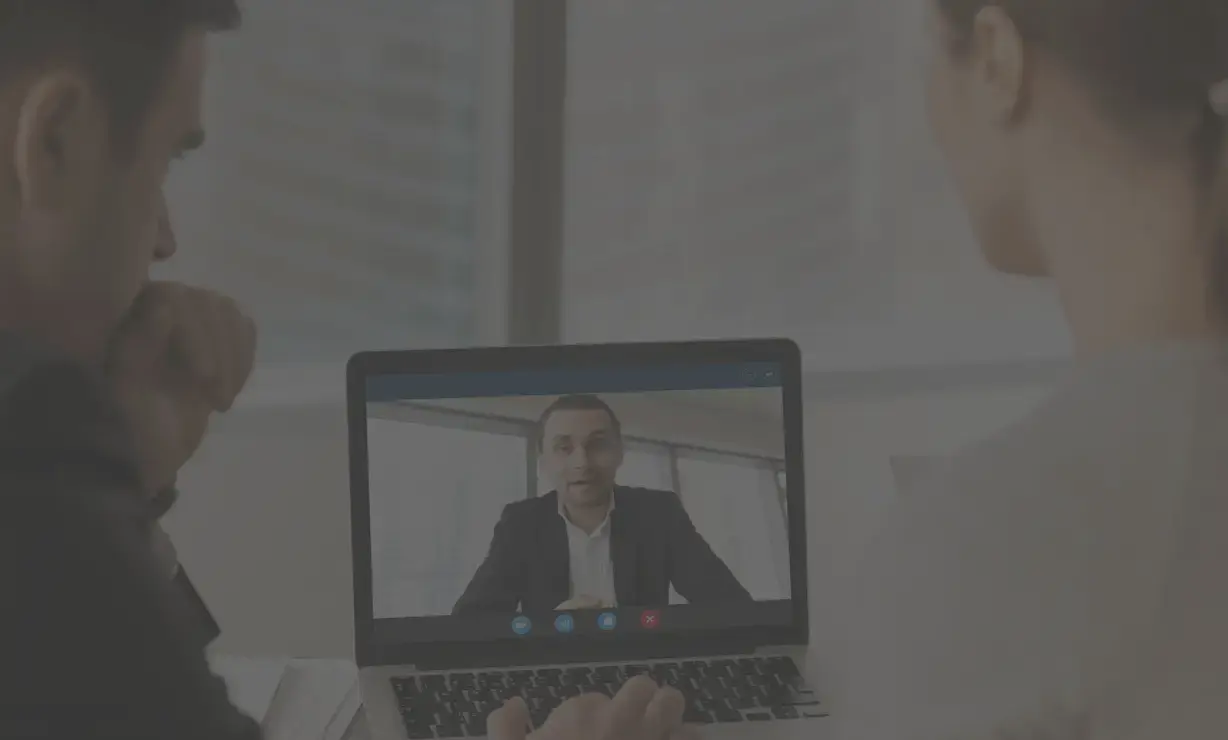Video remote interpreting (VRI) allows people who do not speak the same language to communicate with each other in real time through video conferencing technology. It is often used in situations where in-person interpreting is not possible or practical, such as when an interpreter is needed in a remote location or when there is a need for immediate interpretation services.
At Geneva Worldwide, we offer efficient and accurate VRI services for more than 200 spoken languages and American Sign Language. The Geneva Live platform connects clients to qualified language interpreters via video to facilitate communication and convey both the literal and figurative meanings being expressed between two or more parties. This is an ideal solution for those who do not have the time or budget to arrange for an on-site language interpreter








